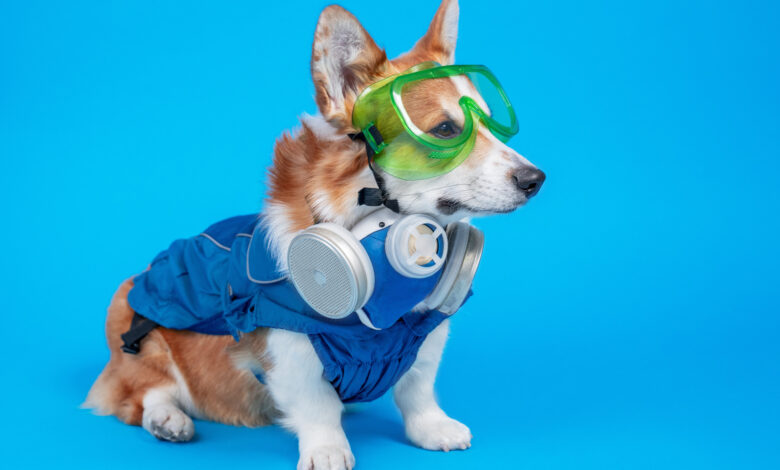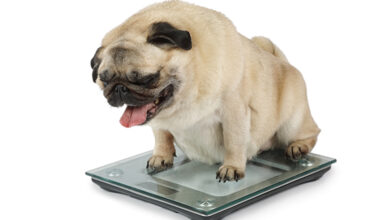How to Keep Your Dog Comfortable During Allergy Season

Sniffling, sneezing, wheezing – allergy season misery affects dogs too. Outdoor allergens like pollen and molds plus fleas, food irritants and dust mites trigger canine discomfort indoors as well. Utilize these handy tips to reduce exposures so your pup stays relieved.
Recognizing Allergy Signs
Determining allergy causes requires veterinary testing. In the meantime, note symptom patterns. Does your dog lick its paws, scratch relentlessly, scoot the rear end on the ground or chew fur above the tail base primarily during spring and summer months? These symptoms suggest environmental allergies. Year-round itching signals food reactions. Rubbing eyes or ears indicates likely dust mite sensitivity. Track clues guiding vet diagnostic plans and treatment ways forward.
Washing Off Allergens
Pollen clings easily to pet fur and is then transferred indoors. Bathing regularly prevents spreading traces through your home. Use gentle hypoallergenic shampoos up to twice weekly in allergy season if your veterinarian approves. Always rinse thoroughly preventing residue buildup. Follow with soothing aloe vera gel massaged lightly onto affected areas. Choose external washes indicated for animal use only. Avoid human product ingredients that could possibly irritate sensitive skin. Washing minimizes allergen remnants left on fur that your pup might ingest later.
Grooming Out Allergens
Brush frequently to catch shed fur and dander where allergens hide. Use designated pet brushes only. Soft rubber grooming gloves lift hair gently. Microfiber cloths and brushes conveniently snare shed particles. Always groom outside when possible since sweeping motions scatter allergens into air circulation. Bathing and brushing together minimize environmental allergen traces clinging to your dog’s body. Containing them outdoors then prevents airborne exposures inside leading to red, itchy flare-ups.
Reviewing Diet Ingredients
Food allergies provoke year-round misery unrelated to seasons. Harsh symptom outbreaks signal likely contact with an offending nutritional ingredient. Review kibble ingredients carefully. Top irritants for dogs include corn, wheat, eggs, chicken, beef, dairy and soy. Eliminating suspect items brings huge relief fast if dietary allergies exist. Temporarily fed limited ingredient dog foods narrow down causes too. Veterinary prescribed hypoallergenic dog food from a brand like Nextrition also corrects issues.
Adding Supplements
Digestive enzymes, omega fatty acids and probiotics ease allergy suffering tremendously. Enzymes boost food digestibility and gut barrier strength, lowering risk of molecule absorption triggering immune responses. Omegas reduce swollen, painful inflammation through natural anti-inflammatory activity. Probiotics balance gut flora preventing bad bacteria compounding intestinal permeability problems frequently underlying allergy reactions. Discuss adding vet recommended daily supplements to bolster allergy relief effects long term.
Limiting Outdoor Time
When pollen counts peak, curb outdoor exposures. Brief bathroom breaks on leash then back inside reduces contact. Wipe muddy paws before reentry to avoid tracking in mold or pollen. Walk during early mornings when pollen counts remain lower. Avoid high humidity days fostering fungal spore releases. Prevent roaming in tall grass too. Choose rainy or cooler days for longer walks since precipitation and chilliness lowers airborne irritants overall. Lessening exposure duration provides reprieve.
Securing Indoor Comforts
Indoor allergies bother many dogs too. Dust mites in carpets and bedding trigger reactions so refresh often using very hot or cold temperature wash/dry settings lethal to mites. Choose fabric covers over feather/down bedding. Upgrade air filters in home ventilation systems to those with allergen particle filtering. Clean frequently using non-toxic brands to limit indoor irritant accumulation, chemical residuals and molds nurturing allergy symptoms endlessly.
Conclusion
Allergy prone pups benefit tremendously from some strategic TLC easing their misery especially during heightened illness seasons. Test to pinpoint causes then minimize contacts promptly plus boost immune resilience daily through natural supplements. With diligent environmental controls and optimal nutrition tailored for sensitivities, almost every dog discovers happier days ahead free of persistent allergic reactions.





